9 Causes Of Hair Loss And Weight Gain In Women
Learn about the reasons why obesity might be affecting your hair follicles
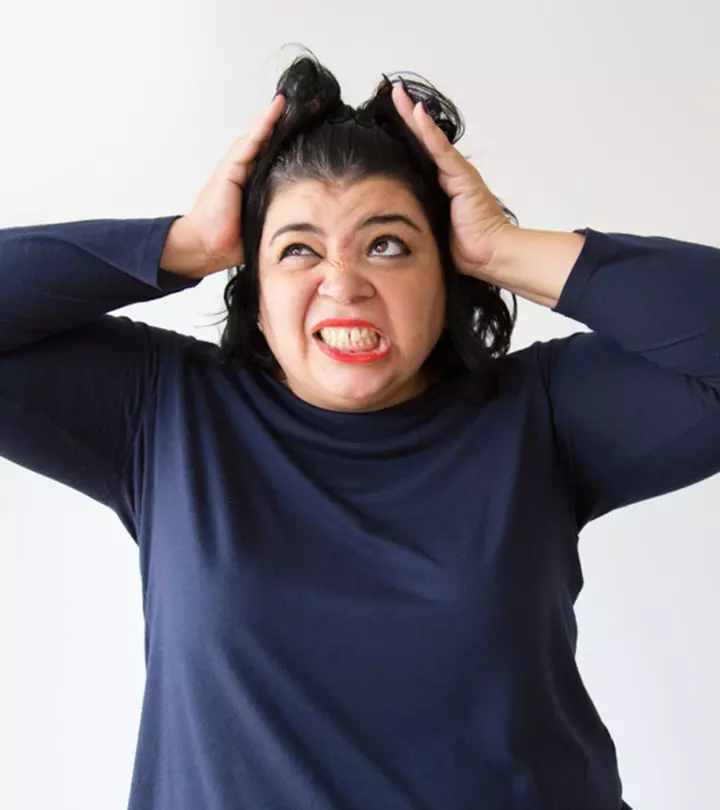
Image: Shutterstock
Hair loss and weight gain may go hand in hand. The effects of obesity often include fatigue, breathlessness, and knee pain. However, losing your strands is not caused directly by gaining too much weight. Instead, it may have to do with deficiencies or underlying health conditions associated with obesity.
This article explains the possible connection between weight gain and hair loss if you are experiencing both. Take a look.
In This Article
Hair Loss And Weight Gain: What Is The Link?
Excess weight gain and high body mass index (BMI) are associated with multiple health issues and metabolic syndromes that may trigger hair loss. Numerous studies have found a connection between weight gain and hair loss:
- A study on Taiwanese men reported that higher BMI could increase the severity of androgenic alopecia (hair loss) (1).
- Metabolic syndromes like waist circumference and hypertension also trigger female pattern hair loss. A study demonstrated that the severity of pattern baldness increased with weight gain (2).
- A study on middle-aged women concluded that insulin resistance could increase the risk of androgenic alopecia (AGA), especially in women with a family history of AGA (3). Obesity is also one of the causes of insulin resistance (4).
Multiple underlying conditions can trigger unexplained weight gain or vice-versa. This complex process can cause an avalanche of issues, including hair loss. In the next section, we take a deeper dive into the possible causes of sudden weight gain and hair loss.
Key Takeaways
- Studies indicate that excessive gain in weight and a high body mass index (BMI) may lead to androgenic alopecia.
- Lack of thyroid hormones, polycystic ovary syndrome (PCOS), and stress are a few factors that contribute to weight gain and hair loss in women.
- Eating a diet high in processed foods and low in essential nutrients and prescription medications such as antidepressants and corticosteroids have been linked to hair loss and weight gain.
- Keeping yourself physically active, sleeping well, and eating a balanced diet can help you keep your weight under control and stimulate hair growth.
Causes of Hair Loss And Weight Gain In Women
- Thyroid Disorders
The thyroid gland is responsible for regulating multiple metabolic functions in the body. An imbalance in thyroid hormones is linked to hair thinning and alopecia areata.
Christina, a blogger detailing her daily life experiences, opens up about her weight loss journey. Reflecting on the challenges, she shares, “And then, my health took a horrible turn, I had to take some medication temporarily while they tried to get my thyroid back in balance, and I ended up gaining thirty pounds in two months. Seriously discouraging (i).”
Studies found that lack of thyroid hormones and hypothyroidism, especially T3 and T4 hormones, could cause hair fall, lack of hair pigments, and other issues. Thyroid disorders are also associated with dry skin, fatigue, and irregular periods (5), (6), (7), (8).
On the other hand, hyperthyroidism or an overactive thyroid may affect growth and development of hair at the root. Research suggests that hyperthyroidism may cause oxidative stress, which may cause hair shedding, patches of hair loss, or even lead to baldness over time (9). Plus, patients with hyperthyroidism may gain weight due to treatment-induced hypothyroidism (10).
- Reproductive Hormonal Imbalance
The hair cycle in women changes during pregnancy, and diffuse hair loss is common in postpartum women. Although the exact mechanism is not clear, the shifts in the reproductive hormone levels can be one possible reason. It is common to experience hormonal hair loss and weight gain during these situations (11). However, the hair cycle normalizes once the hormone levels stabilize.
 Trivia
Trivia- Polycystic Ovarian Syndrome (PCOS)
Women with PCOS experience abnormalities in androgen and estrogen metabolism.
Excess estrogen is often linked to both weight gain and hair loss. On the other hand, excess androgen levels or hyperandrogenism also cause female pattern baldness.
However, the relationship between excess androgen (such as testosterone) and hair loss in women is not clear (12), (13). It is widely speculated that the androgen derivatives (especially DHT) block the hair follicles, causing hair loss.
A survey conducted with 1006 women who did not seek any special help for hair loss in a dermatology clinic revealed that 19% of them had female pattern hair loss (FPHL). Of the participants, 3% of women were in their 20s, 17% in their 50s, and 23% in their 50s.
- Menopause
is quite common. During this stage of life, the estrogen and progesterone levels decrease in women. Low progesterone levels often lead to increased androgen levels. This shift in hormones during menopause causes hair fall, mood swings, and weight gain (14).
- Stress
Stressful situations, such as surgery, psychological and emotional stress, crash diet, illness, and injuries, can influence the normal hair cycle and cause telogen effluvium (hair loss) (15). Increased cortisol levels cause redistribution of adipose tissue to the abdominal region, increasing your craving for comfort food. This often leads to abdominal obesity. It also affects your metabolism and causes various metabolic syndromes (16).
 Trivia
Trivia- Adrenal Fatigue
Long-term stress activates the adrenal glands and causes adrenal fatigue. These glands regulate adrenaline and cortisol. When they are overworked, they produce more cortisol and cannot keep up with other demands of the body, causing fatigue, sleeplessness, weight gain, low immunity, and hair loss. Animal studies have linked hair loss to increased adrenal activity (17).
The best way to combat this is to take care of your diet and sleeping patterns. Improve your lifestyle through stress management and physical activity to minimize adrenal fatigue.
- Prescription Medications
Prescription medicines like antidepressants, anti-seizure medication, and corticosteroids may cause weight gain and hair loss (18) (19). Hair loss triggered by medications is temporary, and normal hair growth resumes once you stop the medication. Consult a licensed medical practitioner if the hair loss persists.
- Poor Nutrition
Eating unhealthy and processed food and lack of proper nutrition from crash diets can play havoc with your health, leading to weight gain and hair loss. Lack of essential nutrients and trace elements like iron, zinc, fatty acids, vitamins A and E, amino acids, biotin, and protein can cause hair loss (20).
Iron deficiency can increase the risk of developing alopecia or hair loss (21). Plus, iron deficiency can lead to low energy levels in the body due to the body not having enough red blood cells. This may lead to fatigue and weakness. This, in turn, may lead to reduced physical activity and eventually cause weight gain (22)
- Prediabetes
Metabolic diseases such as diabetes, blood pressure, heart health, and obesity are all interlinked (23). If you are predisposed to diabetes or any of the conditions, there is a likelihood that you might have an insulin imbalance or high BMI. Insulin resistance can increase your chance of developing androgenic alopecia (3).
To recap, hair loss and weight gain have an indirect connection. Excess weight gain leads to many health issues, such as metabolic disorders and hormonal imbalances, that may result in hair loss. These health issues can be caused due to changes in thyroid functioning, menopause, stress, adrenal fatigue, prescription meds, and unhealthy dietary habits. The silver lining is that there are treatment and medication options available to help curb the hair loss caused by most of these conditions. You should also make healthy changes in your diet, lifestyle, sleep cycle, and stress management techniques to stay healthy.
Frequently Asked Questions
What lifestyle changes can help prevent hair loss and weight gain?
Focus on eating a nutrient-rich diet, staying physically active, and managing stress levels. These adjustments can improve overall health and reduce the risk of hair and weight issues.
How can I manage hormonal imbalances that contribute to these issues?
The best way to ensure regulated hormones in your body is by taking medicines and supplements as prescribed by a doctor. In addition, some dietary changes may also help depending on which hormone is causing you issues.
Can hormones cause weight gain and hair loss?
Yes, hormonal changes related to thyroid hormones and reproductive hormones (like estrogen and progesterone) can cause weight gain and hair loss.
Will taking estrogen help me lose weight?
If your weight gain is caused by decreased estrogen levels, then estrogen supplementation may help in weight loss.
How do I know if my hair loss is serious?
If hair loss persists even after you have undergone treatments and taken medication, it might be a sign of a serious medical condition. If your hair loss is paired with inflammation or pain, or it keeps recurring, you should consult a doctor.
Hormonal imbalances can show up in a myriad of ways, such as sudden hairfall or rapid weight gain. To figure out why these symptoms have you down, and ways to test and ensure good health, click on the video below.
Personal Experience: Source
StyleCraze's articles are interwoven with authentic personal narratives that provide depth and resonance to our content. Below are the sources of the personal accounts referenced in this article.
(i) My Weight Loss Adventurehttp://handsfullmom.blogspot.com/2014/12/my-weight-loss-adventure.html
References
Articles on StyleCraze are backed by verified information from peer-reviewed and academic research papers, reputed organizations, research institutions, and medical associations to ensure accuracy and relevance. Read our editorial policy to learn more.
- Higher body mass index is associated with greater severity of alopecia in men with male-pattern androgenetic alopecia in Taiwan: A cross-sectional study
https://www.jaad.org/article/S0190-9622(13)01031-1/fulltext - Association of metabolic syndrome with female pattern hair loss in women: A casecontrol study
https://onlinelibrary.wiley.com/doi/abs/10.1111/ijd.13303 - Hair Loss, Insulin Resistance, and Heredity in Middle-aged Women. a Population-based Study
https://journals.sagepub.com/doi/abs/10.1097/01.hjr.0000070200.72977.c6 - Obesity and insulin resistance
https://www.ncbi.nlm.nih.gov/pmc/articles/PMC380258/ - Association between Alopecia Areata, Psoriasis Vulgaris, Thyroid Disease, and Metabolic Syndrome
https://www.sciencedirect.com/science/article/pii/S1087002415305384 - Hair Growth and Alopecia in Hypothyroidism
https://jamanetwork.com/journals/jamadermatology/article-abstract/532819 - Human Female Hair Follicles Are a Direct, Nonclassical Target for Thyroid-Stimulating Hormone
https://www.sciencedirect.com/science/article/pii/S0022202X1534330X - Thyroid Hormones Directly Alter Human Hair Follicle Functions: Anagen Prolongation and Stimulation of Both Hair Matrix Keratinocyte Proliferation and Hair Pigmentation
https://academic.oup.com/jcem/article/93/11/4381/2627273?login=true - Impact of Thyroid Dysfunction on Hair Disorders
https://www.ncbi.nlm.nih.gov/pmc/articles/PMC10492440/#:~:text=In%20approximately%2050%25%20of%20individualsin%20some%20individuals%20%5B2%5D. - Weight Gain Following Treatment Of Hyperthyroidism-A Forgotten Tale
https://pubmed.ncbi.nlm.nih.gov/31267667/#:~:text=Hyperthyroidism%20causes%20weight%20loss%20inreported%20an%20excess%20weight%20regain. - Effect Of Pregnancy On The Human Hair Cycle
https://core.ac.uk/download/pdf/82326339.pdf - Female Pattern Hair Loss and Androgen Excess: A Report From the Multidisciplinary Androgen Excess and PCOS Committee
https://academic.oup.com/jcem/article/104/7/2875/5342938?login=true - Female pattern alopecia: current perspectives
https://www.ncbi.nlm.nih.gov/pmc/articles/PMC3769411/ - Skin Academy: Hair skin hormones and menopause current status/knowledge on the management of hair disorders in menopausal women
https://grimalt.net/wp-content/uploads/2018/06/Blume-Peytavi-hair-hormones-skin-academy.pdf - Telogen Effluvium: A Review
https://www.ncbi.nlm.nih.gov/pmc/articles/PMC4606321/ - Stress and Obesity: Are There More Susceptible Individuals?
https://www.ncbi.nlm.nih.gov/pmc/articles/PMC5958156/ - Development of alopecia areata is associated with higher central and peripheral hypothalamic-pituitary-adrenal tone in the skin graft induced C3H/HeJ mouse model
https://pubmed.ncbi.nlm.nih.gov/19020552/ - Medications that cause weight gain and alternatives in Canada: a narrative review
https://www.ncbi.nlm.nih.gov/pmc/articles/PMC6109660/ - Risk of hair loss with different antidepressants: a comparative retrospective cohort study
https://pubmed.ncbi.nlm.nih.gov/28763345/ - Diet and hair loss: effects of nutrient deficiency and supplement use
https://www.ncbi.nlm.nih.gov/pmc/articles/PMC5315033/ - Alopecia and Iron Deficiency: An Interventional Pilot Study in Primary Care to Improve the Request of Ferritin
https://www.ncbi.nlm.nih.gov/pmc/articles/PMC7471793/ - Obesity as an Emerging Risk Factor for Iron Deficiency
https://www.ncbi.nlm.nih.gov/pmc/articles/PMC4179177/#:~:text=Iron%20deficiency%20represents%20a%20particularsystemic%20iron%20regulatory%20protein%20hepcidin. - Diabetes Hypertension
and Cardiovascular Disease: Clinical Insights and Vascular Mechanisms
Read full bio of Dr. Usha Kiran
Read full bio of Annie Jangam
Read full bio of Anjali Sayee
Read full bio of Swathi E






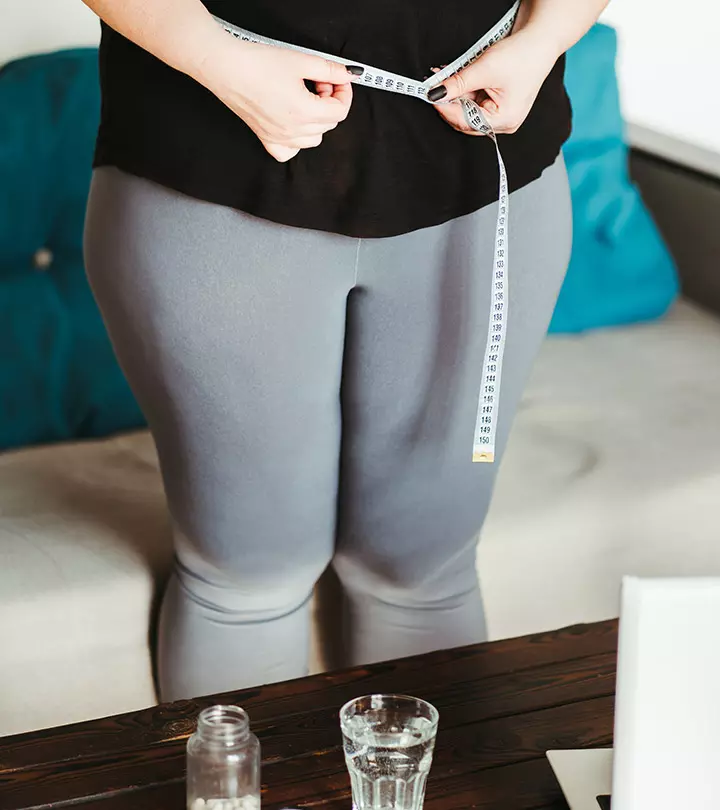
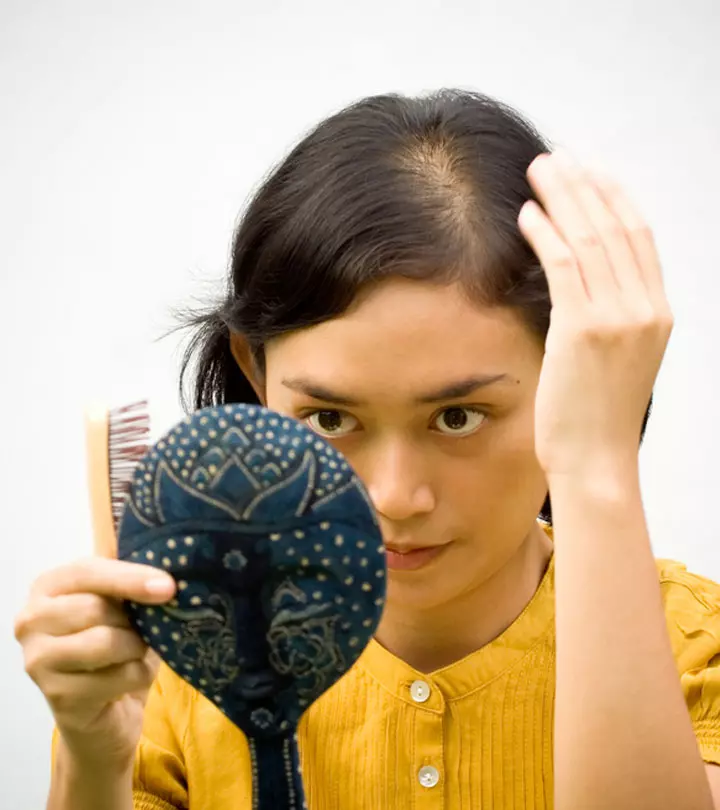
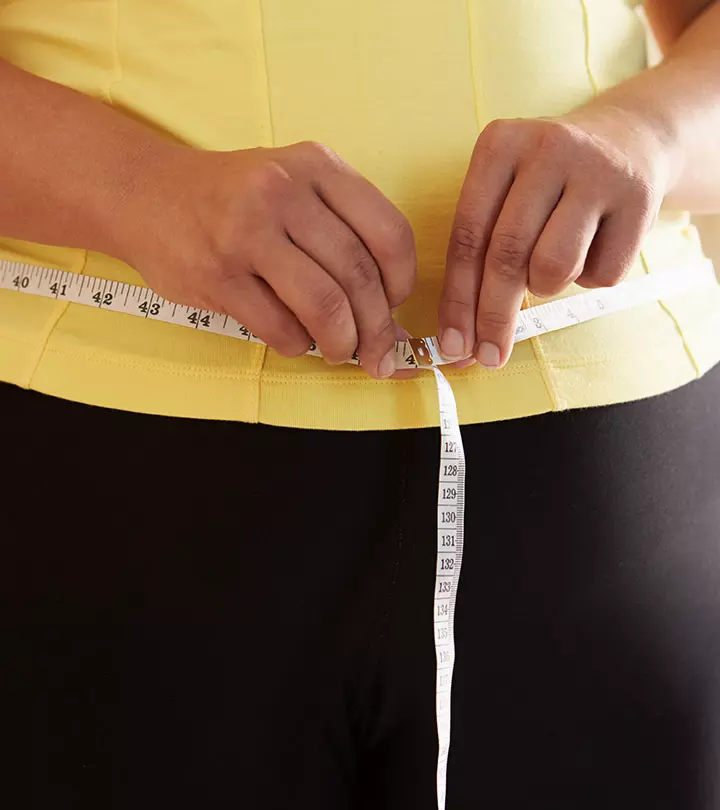


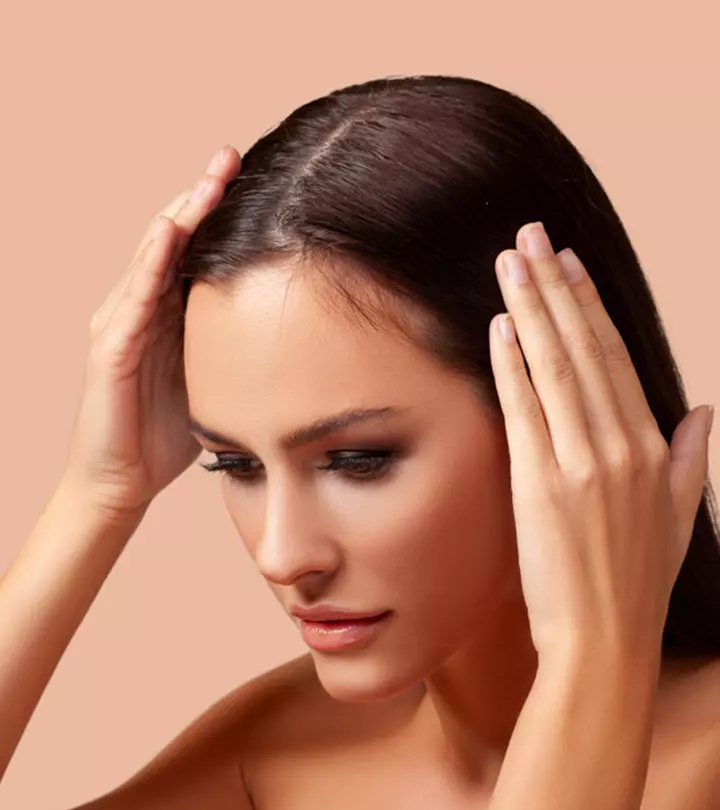


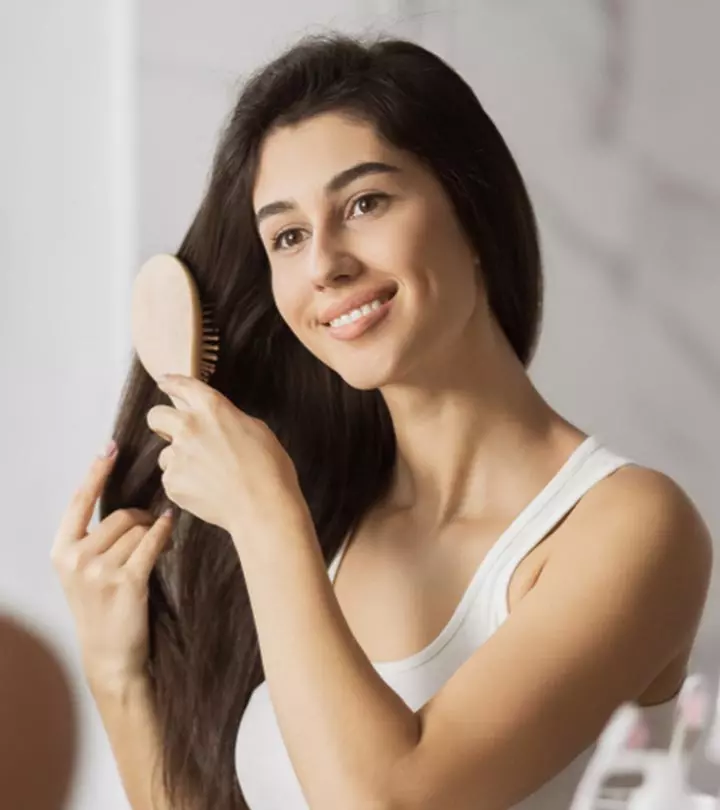


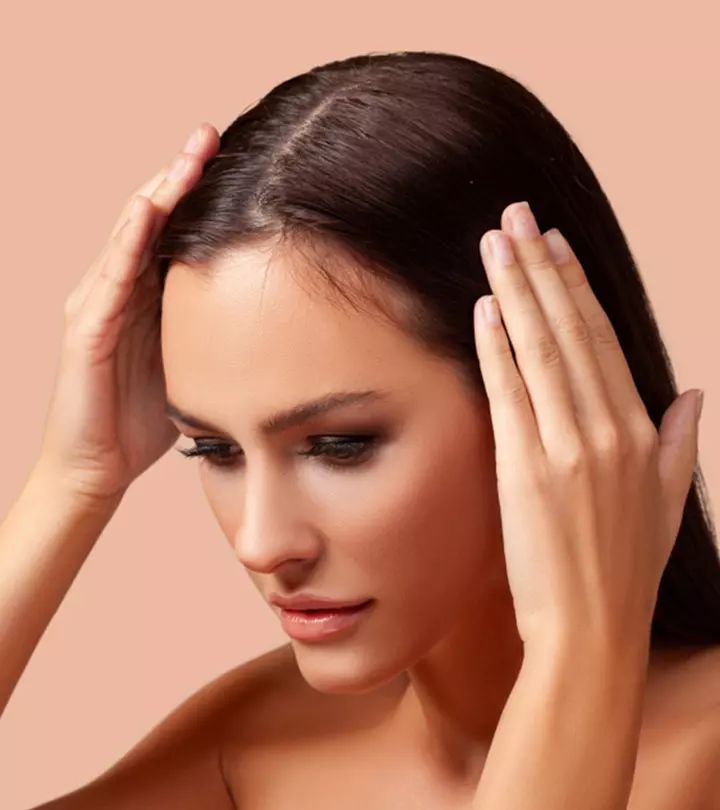

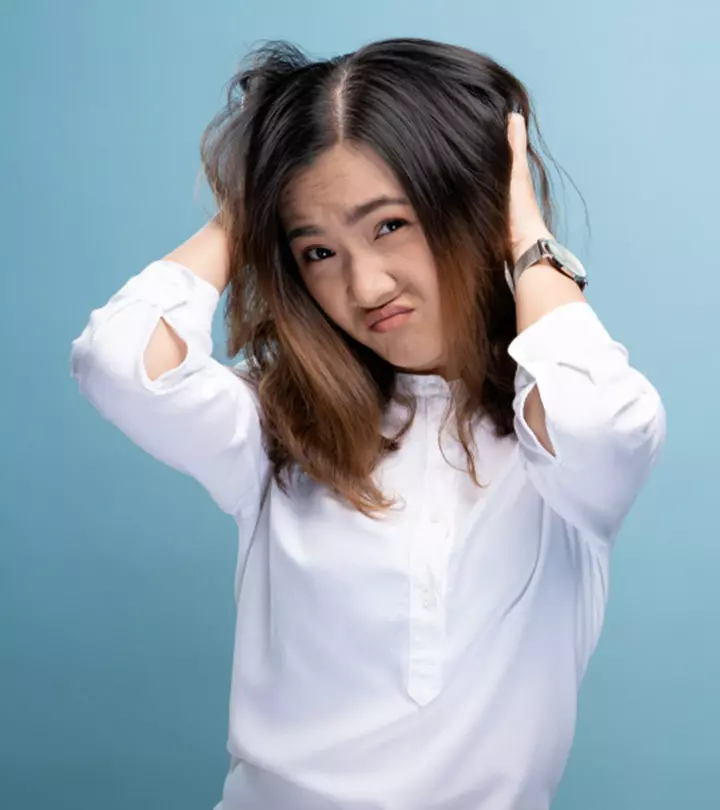


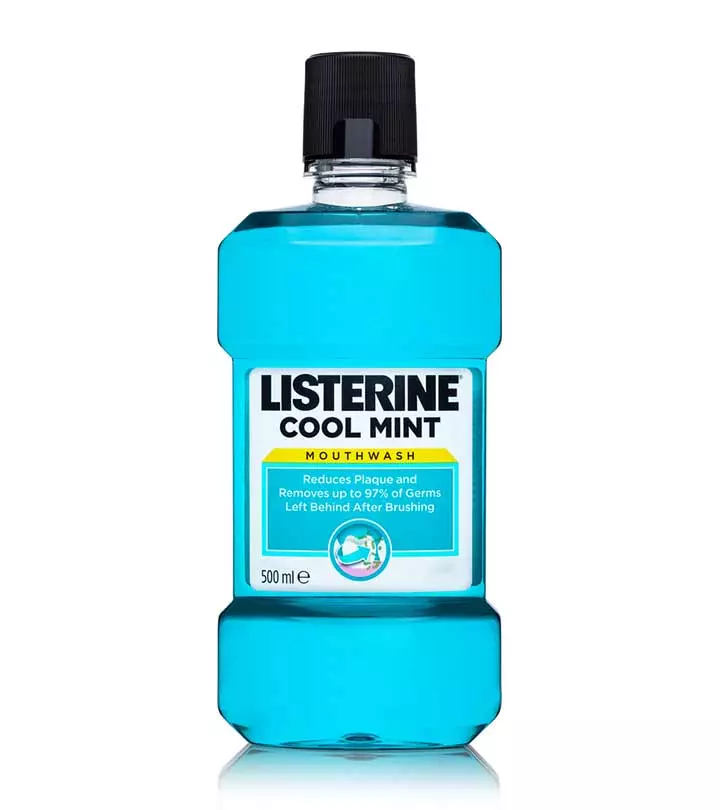

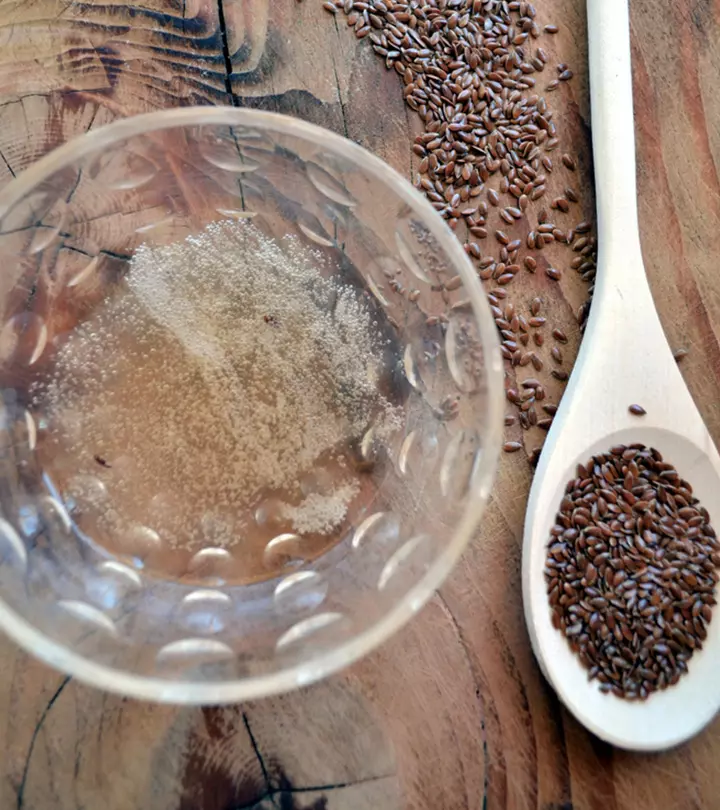
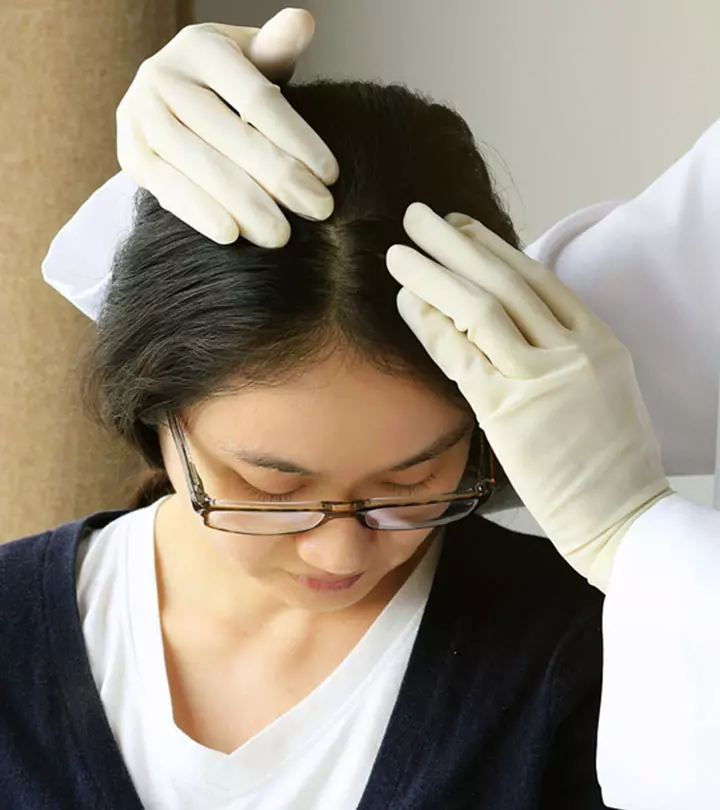

Community Experiences
Join the conversation and become a part of our empowering community! Share your stories, experiences, and insights to connect with other beauty, lifestyle, and health enthusiasts.